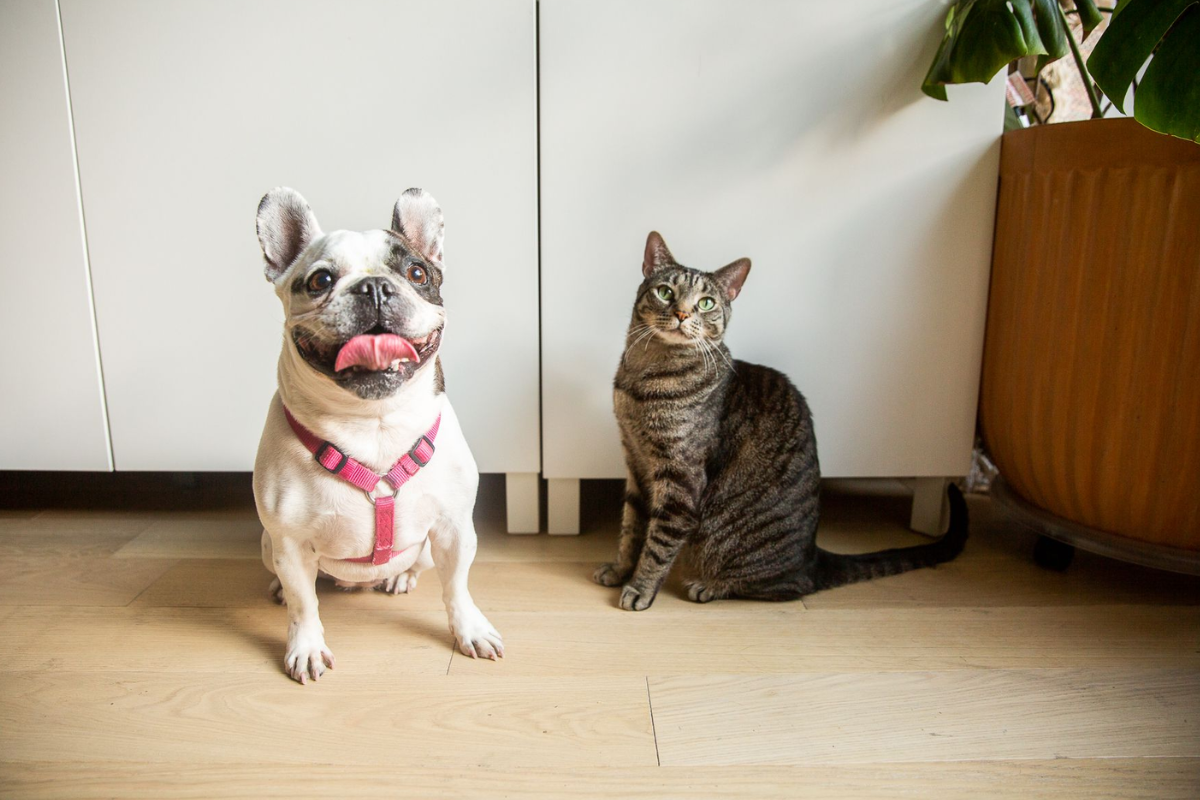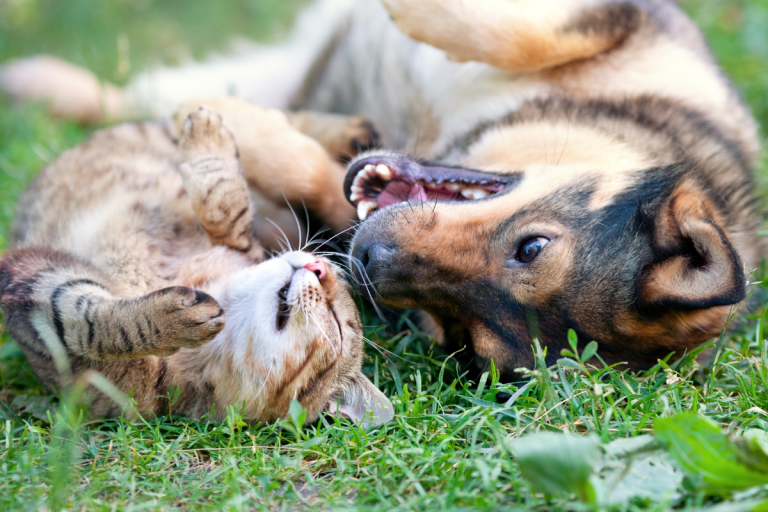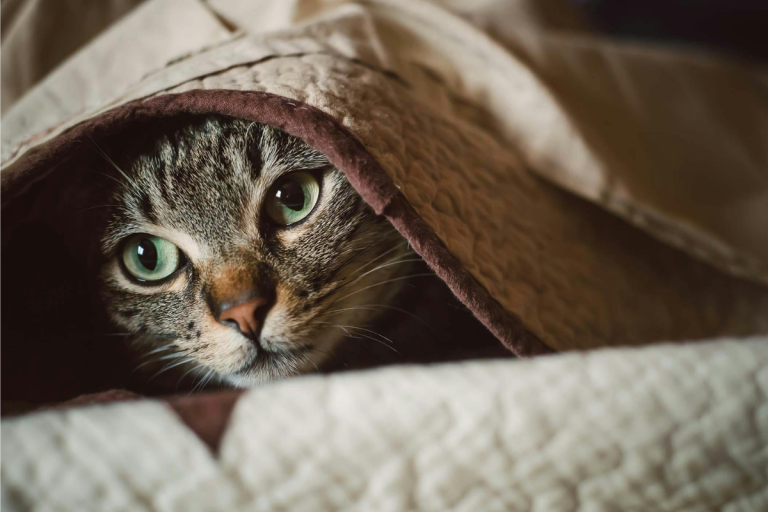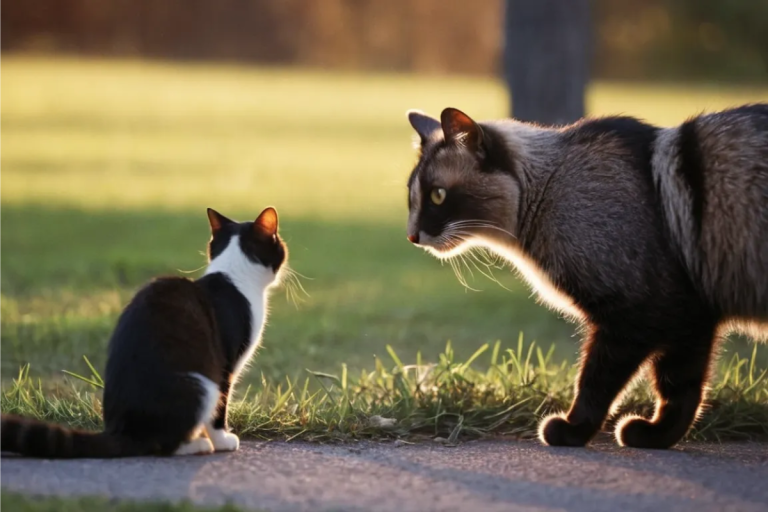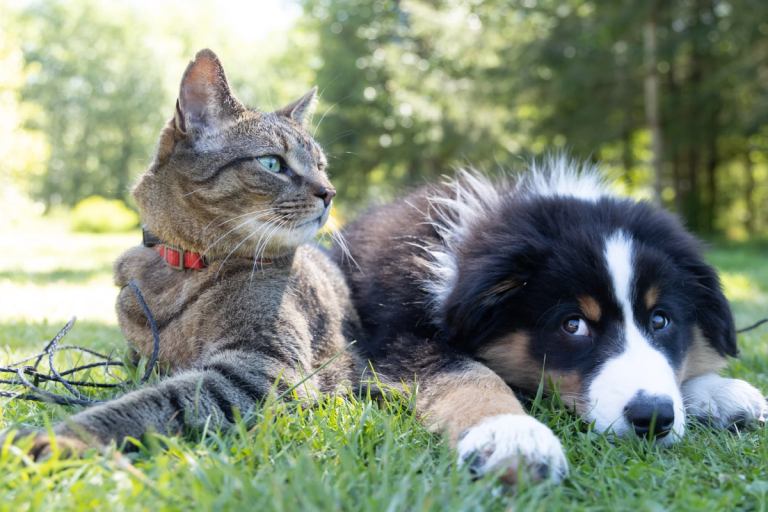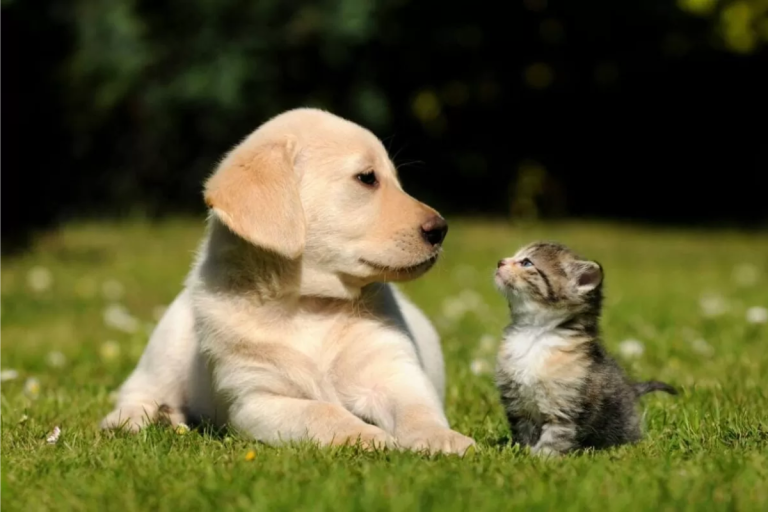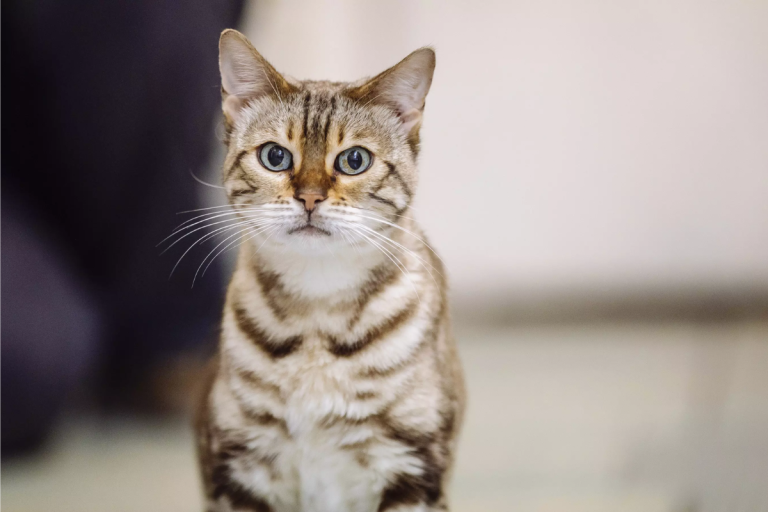Are Cats More Independent Than Dogs? A Behavioral Comparison
Have you ever wondered if your
But is it really that simple? In this article, we’ll dive into what independence means when it comes to pets and explore whether cats truly outshine dogs in this department.
What Does Independence Mean in Pets?
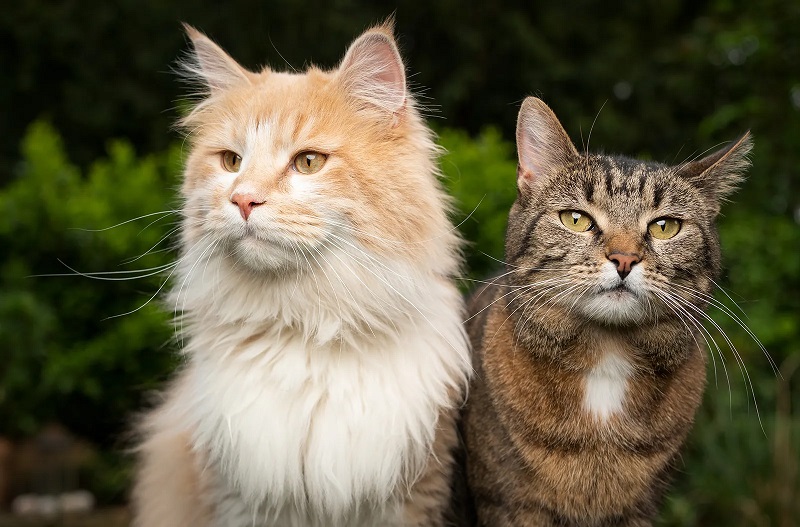
Before we jump to conclusions, let’s clarify what we mean by “independent” when it comes to pets. Independence in animals can be emotional or physical. Emotionally, an independent pet might be content spending hours alone, not seeking constant reassurance from their owner. Physically, they might be able to meet many of their needs without intervention, like grooming, feeding, or exercising themselves.
In simple terms, an independent pet can thrive without constant human involvement. While dogs often crave social interaction and guidance, cats are typically viewed as more self-reliant. But what’s really going on beneath those whiskers and wagging tails?
Cats: Naturally Independent Creatures
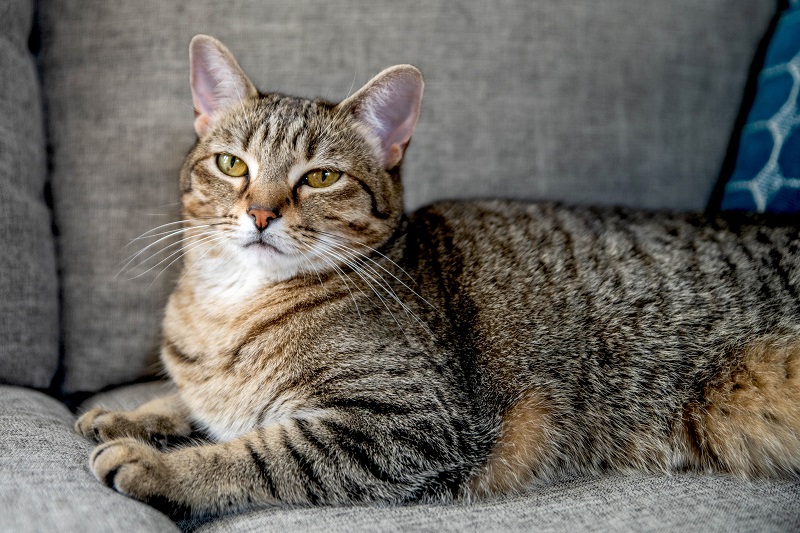
Cats have earned their reputation as independent animals for good reasons. Their ancestry as solitary hunters in the wild means they’ve evolved to fend for themselves. Whether it’s grooming, hunting, or even finding their way home, cats show a strong sense of self-sufficiency.
Their quiet nature and ability to spend hours lounging or exploring solo often make them appear detached. In many ways, cats can handle being alone much better than dogs, and they typically don’t require as much direct interaction to feel content.
Cats’ Ability to Entertain Themselves
One of the reasons cats are seen as independent is their knack for keeping themselves entertained. Whether they’re stalking a toy mouse, batting at a feather, or simply staring out the window watching birds, cats don’t need much help finding something to do. Their hunting instincts kick in, and they play solo—no need for you to throw a ball or take them for a walk.
Cats also excel in self-care. They’re known for grooming themselves throughout the day, so you won’t have to worry about regular baths. And when it comes to exercise, their spontaneous bursts of energy, known as “zoomies,” allow them to burn off steam without any prompting.
Dogs: Pack Animals Needing Social Interaction
On the flip side, dogs are hardwired to be pack animals. Their ancestors thrived in social groups, working together for protection, hunting, and companionship. Modern dogs have carried this instinct forward, which is why they often seek constant human interaction and social cues. They look to their owners for direction, approval, and comfort.
While this makes dogs fantastic companions, it also makes them less independent than cats. A dog’s emotional needs often demand more attention, and they can experience separation anxiety when left alone for too long.
Dogs’ Dependency on Training and Attention
Training is essential for dogs to thrive, and they rely on human interaction to learn commands, follow rules, and stay mentally stimulated. Dogs need daily exercise, mental challenges, and plenty of playtime, all of which involve their owners. Unlike cats, who may hunt imaginary prey indoors, dogs require actual physical activity like walks, running, or playing fetch.
Moreover, dogs need more grooming help than cats. From regular baths to nail trims, they depend on humans to keep them looking and feeling their best. Their dependency extends to their overall well-being, making them more reliant on us in many areas of their lives.
Why Cats Can Seem Aloof, But It’s Not All Independence
Cats can give off an air of aloofness, which sometimes leads us to believe they don’t care about human company. But this isn’t entirely accurate. Cats are independent, but they’re also capable of forming strong, affectionate bonds with their owners.
However, they tend to show their love in subtle ways. Instead of eagerly wagging their tails like dogs, cats might blink slowly at you, curl up in your lap, or simply follow you from room to room. These gestures may not scream “affection” to everyone, but they’re how cats express their connection with their humans—on their own terms, of course.
Does Independence Make Cats Easier to Care For?
It’s easy to assume that a more independent pet is easier to care for, but is that really the case? In some ways, yes. Cats are generally low-maintenance when it comes to daily care. They don’t need to be walked, and they can manage their grooming. But they still need affection, mental stimulation, and regular vet visits.
On the other hand, dogs require more time and effort, but they also offer a different type of companionship. If you’re looking for a pet who is always eager to be by your side, you might appreciate the closeness that dogs offer, despite the extra care they require.
Ultimately, the decision between a more independent
FAQs
1. Can cats be as affectionate as dogs?
Yes, cats can be affectionate, though they express their love in subtler ways. While they may not jump up in excitement like dogs, cats show affection by purring, rubbing against you, or sitting in your lap.
2. Do independent pets get lonely?
Even independent pets like cats can experience loneliness. While they might not demand constant attention, they still benefit from regular interaction and stimulation, especially when their owners are away for long periods.
3. How much time should I spend with my
Cats generally require less time than dogs, but both need quality attention. Cats need playtime and affection for mental stimulation, while dogs need daily exercise and social interaction to stay happy.
4. Are there dog breeds that are more independent?
Yes, some dog breeds, like Basenjis, Afghan Hounds, and Shiba Inus, tend to be more independent and require less constant attention than other breeds.
5. How do I know if a
If you prefer a pet that’s constantly by your side, a highly independent
Conclusion
In the grand debate of whether cats are more independent than dogs, the answer leans towards yes—cats do tend to require less direct attention and care compared to their canine counterparts. However, independence doesn’t necessarily mean better or easier. Both cats and dogs bring their own unique joys and challenges to pet ownership.
At the end of the day, choosing between a
